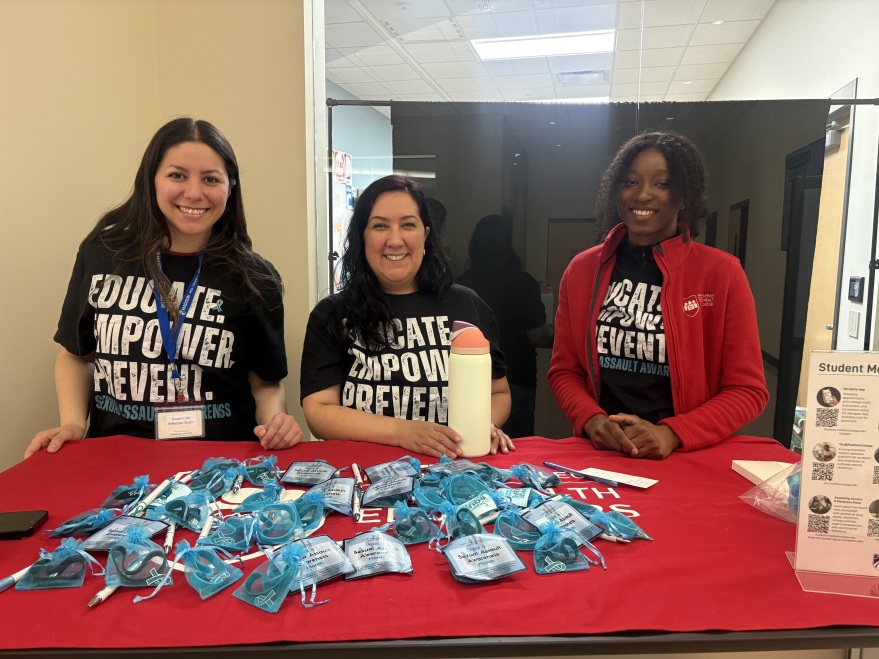Muslim community mourns lives lost in Hajj tragedy
October 1, 2015
If you were driving around town on Sept. 24, you may have noticed an abundance of Muslims dressed in fancy clothing, ranging from sparkly dresses to traditional wraps and turbans.
Thousands of Muslims in Madison gathered at the Marriott West hotel on that morning to celebrate the second Islamic holiday of the year, Eid Al Adha. Later in the day there were picnics at two of the mosques, with another community picnic for all three mosques held on Saturday at the eastside mosque, on Lien Road.
Translated to “Feast of the Sacrifice,” the day commemorates the prophet Abraham’s sacrifice of the sheep instead of his son Isaac, and symbolizes obedience to God. On this day, Muslims across the world dress in their finest attire and spend time with loved ones and their whole community, including feasts and gifts of meat from slaughtered sheep.
Eid also marks the end of the Hajj pilgrimage, which is a trip to Mecca, Saudi Arabia that Muslims make once in a lifetime. Some fortunate people come from relatively nearby Middle Eastern countries, while others must travel from as far away as Indonesia, South Africa, United States, and Brazil. Some must save money for years to be able to go. It is a pillar in Islam along with daily prayer and charity, and completed by about 2 million Muslims annually.
After a person performs the Hajj, they are called “Haji,” which is a term of respect and honor and pride.
This year, however, tragedy ensued on this Holy Day, as over 700 Muslims were killed in an unfortunate and deadly collision. Another 800 were injured as two large crowds intersected unexpectedly. Despite Saudi Arabia’s $1.2 billion, five-story bridge and replacement of pillars, 2 million people is a large crowd and this tragedy still occurred.
It is the world’s largest annual gathering and the excitement of performing the Hajj makes it a highly charged event, especially amongst such a large amount of people under incredible fatigue and high temperatures.
It is hard to even imagine how much support, staff and space is needed to manage two million people in a small area, all coming together at the same time. And it was only a few weeks ago that another bizarre incident occurred which killed 118 people in the Grand Mosque at Mecca, the result of a crane that fell through the ceiling during freak, heavy rains combined with a sandstorm and high winds.
Muslim communities prayed for the lives lost in these tragic incidents and hope for blessings and ease to befall the families of those that were lost.






























